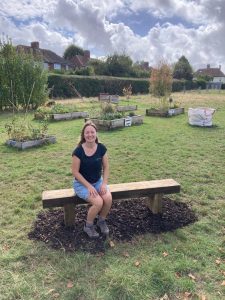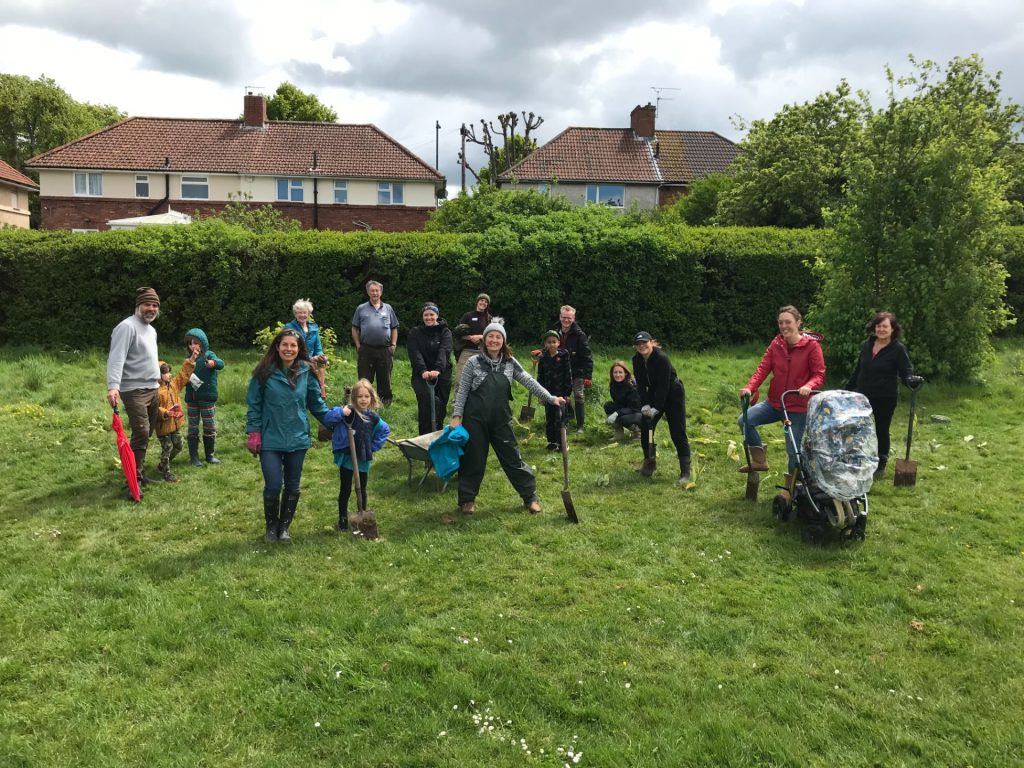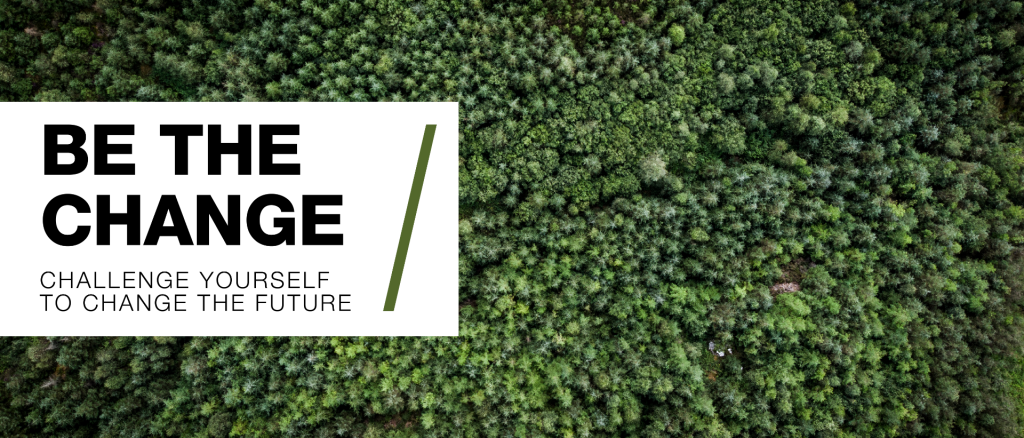By Hannah Morgans, Sustainability Communications Project Officer and Alix Dietzel, Senior Lecturer in Climate Justice in the School of Sociology, Politics and International Studies and Associate Director for Impact and Innovation at the Cabot Institute for the Environment.
A significant part of the University’s carbon footprint comes from business travel and the Sustainability Team has published an interal Business Travel Toolkit to help staff choose the most appropriate and low carbon option. That’s why we were thrilled to hear about Alix Dietzel’s recent trip to Bonn Climate Conference, where she opted to travel by rail over flying. We caught up with her to find out how it went, and hopefully inspire more of our community to do the same!
Can you share your reasons for going to the conference?

“I went to Bonn to observe the climate change negotiations ahead of the next Conference of the Parties (COP29) in Azerbaijan. These ‘intersessional’ negotiations mark the halfway point between COPs and it is a good chance to see what is on the table at the next COP, where we are after COP28 and what the major sticking points are. In addition, this year Dr Alice Venn, Dr Katharina Richter and myself, got the chance to present a ‘side-event’, which was selected from over 400 applications by the UNFCCC. We teamed up with C40 cities, Green Africa Youth Organization and the Youth Climate Change Council Alliance to discuss how to pursue inclusive urban climate policies.”
Why did you decide to travel by rail?
“My main consideration was the emissions. Bonn is 8-10 hours away by train – about the same amount of time it took me to get to Dubai by plane for COP28. I avoid flying when I can, but sometimes it is unavoidable due to practicalities. In this case, I was able to add two travel days to my itinerary by only attending the conference for four days. I don’t like to leave my four-year-old daughter for longer than a week – she needs me. I’m privileged to have her in full-time nursery and am married to a very involved father, which made it possible to leave for this long.”

Can you tell us about the journey?
“I did a four-leg journey. Bristol to London (1.5 hours), London to Brussels (2 hours), Brussels to Cologne (2 hours) and finally Cologne to Bonn (half an hour).
In terms of comfort, I preferred the train journey to flying! I’m quite tall and train seats are roomier, especially the Eurostar and ICE trains in Germany. There’s also free Wi-Fi, multiple plugs for charging, plenty of room for a laptop, and it’s easier to get up and buy snacks or stretch your legs on the train than on a plane.
The changes between trains were great for getting fresh air and trying foods from different countries. I haven’t been to three countries in one day before, and that is a perk – having lunch in London, a coffee break in Brussels and then dinner in Germany was a culinary treat!
I missed one connection due to a delayed train from London to Brussels, which meant I queued for 20 minutes to get a special ticket from the Eurostar counter. I was only delayed by an hour and it didn’t cost me any more money.”
How was your experience at the conference?
“I really enjoyed watching the intersessional negotiations because they felt more relaxed, honest, and open compared to the COPs where there is a lot of pressure to find agreement. It’s also a space where you can approach negotiators more easily, because things are less hectic. For example, I was able to have a chat with a UK negotiator and share a bit about my research with him between negotiations.

It’s much smaller than a COP. COP28 had 100k people present and sprawled over a huge venue that has not only the negotiations, but ‘exhibition spaces’ which have events, meaning at times there are about 400 talks at once you could attend! SB60 had 8,600 people and was contained in a single building. This makes it much easier to navigate and focus on the negotiations, with only 5-10 events overlapping at any one time.”
What would you say to colleagues considering land-based business travel instead of flying?
“Try it! Speak to the University’s business travel booking team at Clarity and consider your options. Even doing half of the journey by rail would have huge emissions savings and enable them to compare. I am mindful of equality and inclusion issues, such as caring responsibilities, and would reassure them that sometimes, you do have to fly, and that this is understandable.”
We estimate that Alix’s journey by rail saved 159kg of CO2 – the equivalent to heating an average home for nearly two months.
If you’d like to explore routes travelling over land rather than flying visit https://routezero.world/.
If you’re a member of staff considering how to take low impact business travel, visit the Business Travel Toolkit or contact the University of Bristol Business Travel Team.

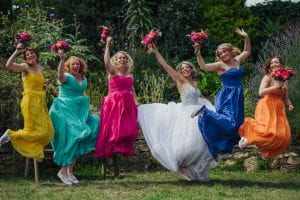
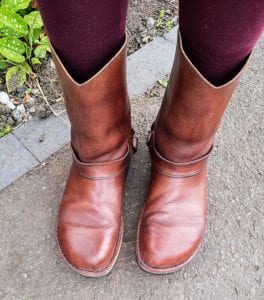

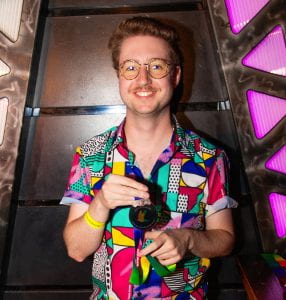
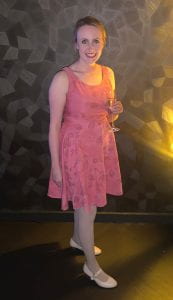

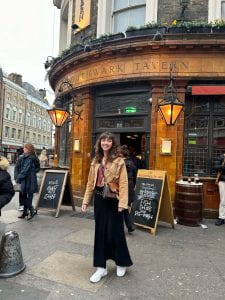
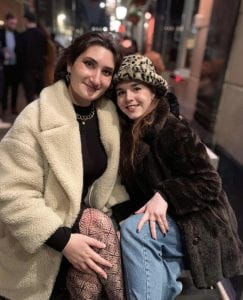
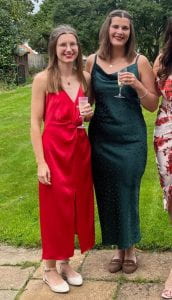
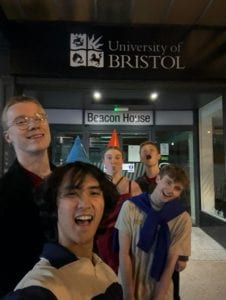
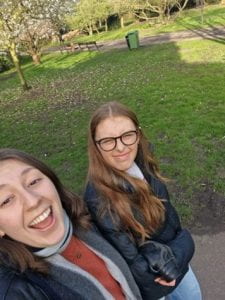
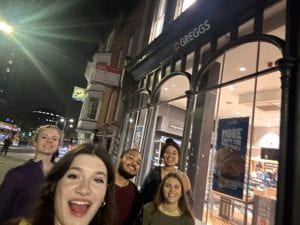
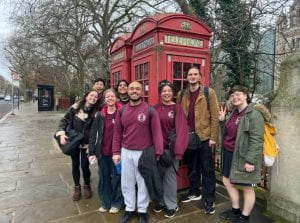

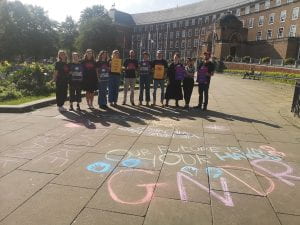
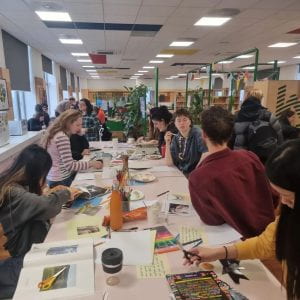
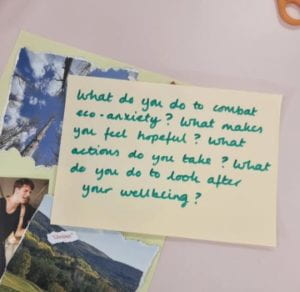
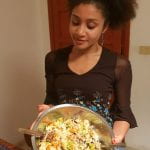
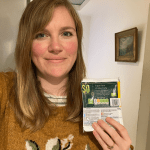

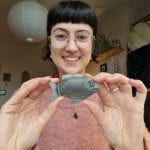

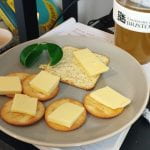

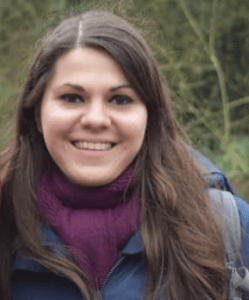
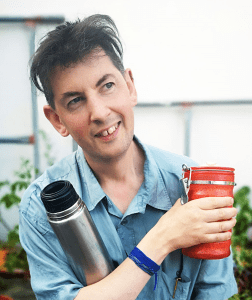 Paddy Uglow, Digital Learning Materials Assistant Developer, Digital Education Office
Paddy Uglow, Digital Learning Materials Assistant Developer, Digital Education Office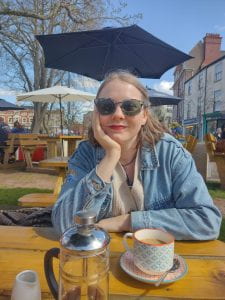
 Dr. Sai Priya Munagala, Research Associate
Dr. Sai Priya Munagala, Research Associate